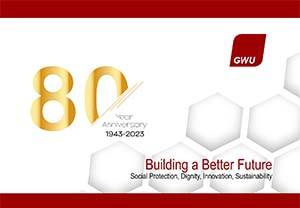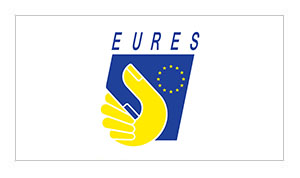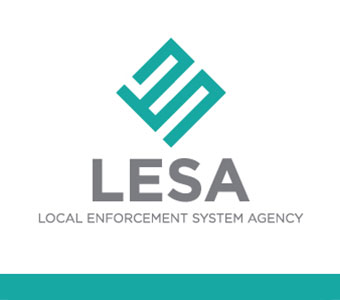“The various new forms of work must be regularized immediately to protect workers”
Every year on February 20, we celebrate World Social Justice Day, which aims to raise awareness of social inequality and encourage people from all walks of life around the world in order to end poverty, prejudice against sexual and biological identity, lack of education and religious fanaticism in collective work. This year’s theme is “Achieving Social Justice through Formal Employment,” a theme the General Workers’ Union (GWU) has long emphasized. This site spoke with GWU General Secretary Josef Bugeja, who stressed that the various forms of work in a new world of work that have increased because of the Covid 19 pandemic should be regularized immediately to protect these workers.
The goal of this international day, according to the United Nations, is to create peace and prosperity among the nations of the world. The theme chosen for this year focuses on the formalization of employment as a prerequisite for reducing poverty and inequality. Bugeja emphasized that the focus this time is on transitioning from an informal to a formal economy to reduce poverty and inequality. “The goal is to raise global awareness and advocate for decent work to eradicate poverty, promote employment in the formal economy and decent work, social protection, gender equality and justice. social security for all,” continued the GWU Secretary General.
GWU talked about the dignity of employment and the need to regulate these types of jobs so that these workers have the right conditions, reduce inequalities, increase income, increase productivity and business sustainability, and improve the quality of life. Bugeja explained that jobs in the formal economy mean decent work, more productivity, and more income for the government.
He also said that Covid-19 has led to a major change in the world of work, making it all the more important to save people and jobs. He talked not only about workers in the catering industry, but also about work on electronic platforms, foreign workers in the construction sector and hospitality.
GWU believes that new laws, inspections and enforcement are essential, “but we still believe that there must be self-selected union membership if we are to eliminate workplace abuses and bring more workers into the formal economy, there must be a trade union membership of one’s own choice. We believe that the abuses mentioned can be stopped, and Covid 19 has shown this very clearly.
“Why are we celebrating this day?’’
The 2022 World Social Justice Day event, which will be held virtually, addresses the fact that more than 60% of the working population – two billion women, men and young people – earn their living in the informal economy. The Covid 19 pandemic has made life more difficult for these workers.
In this context, Josef Bugeja said, “The pandemic has drawn attention to the vulnerability of these workers, as they often have no social protection or employment-related benefits. This leads them to live in poverty, and this work is often the only option these workers have. This leads to dissatisfaction and abuse.” Informal workers are twice as likely to be poor compared to formal workers. Many people go into the informal economy because they do not have the opportunities that workers in the formal economy have.
The four principles of social justice
There are four principles of social justice – human rights, access, participation and
equity. Without them, there is no social justice.
Human Rights – Over the years, the link between social justice and human rights has grown stronger. When a society is just, it protects and respects the human rights of all. This link is important because basic human rights are recognised worldwide.
Access – Adequate and real access to essentials such as a roof over one’s head, food, and education is critical to a just society. When access is limited or denied based on factors such as gender, race, or class, it leads to suffering for individuals, communities, and society as a whole. Social justice activists work to ensure that those who have been denied access regain it, with the goal of providing equal opportunity for all.
Participation – Regarding the third principle of participation, social justice will not be possible if voices are not heard. Unfortunately, this is often the case, and the voices of marginalized and vulnerable people are silenced. Participation should be encouraged and rewarded so that everyone can have their say, especially those who have not had the opportunity in the past.
Equity – Many people believe that equality is one of the principles of social justice, but in reality the fourth principle is equity. The difference between the two terms is that equity includes the effects of discrimination and aims for an equal outcome.
Social justice is very important and needs to be strengthened in countries that have greater and more frequent deficits than other countries. The greatest social injustices include racial discrimination, gender inequality, and inequality of rights for the LGBTQ + community.
True social justice means that everyone’s rights are respected and protected and that everyone has equal opportunities. This is not a guarantee that a society will be perfect and that everyone will be happy, but at least everyone has the chance to work for the life they want to live without being discriminated against.










